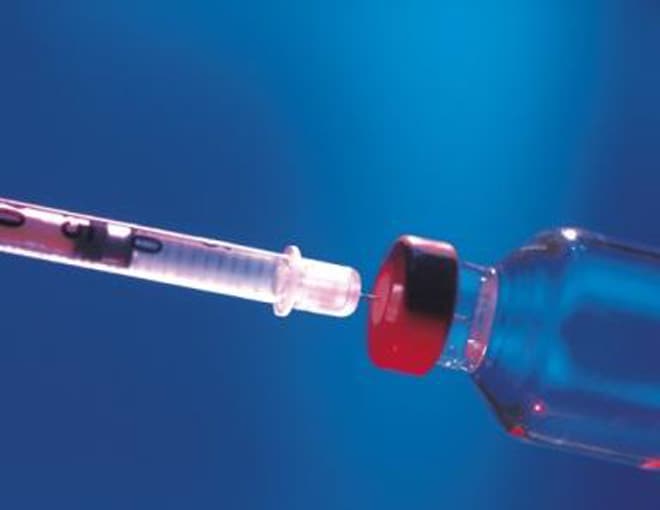Unusual Transplant-Associated Infections: Just How Unusual?
Presented on .
In 2013, 28,955 organ transplants were performed in this country. Of these, 22,967 were conducted using organs procured from deceased donors. As impressive as this number may seem, the demand is even greater, with over 123,000 people currently awaiting an organ transplant. The Organ Procurement and Transplantation Network, or OPTN, attempts to increase the number of and access to transplants while working to reduce the risk of transmission of disease from organ donors to recipients. While some organ transplantations are life-saving procedures, serious illness and death can occur from undetected infections in donor organs and tissues.
Transplant centers have very little time to evaluate if the need for transplant for a particular recipient outweighs the possible risk of infection from a potential donor. In the case of transplants from deceased donors, time and other factors limit the testing that can be performed prior to transplant and for each donor there is the potential to infect multiple recipients. In addition to laboratory testing, all potential deceased donors undergo a medical risk assessment to screen for potential infectious agents. However, complete and accurate information can be very difficult to obtain at the time of organ donation. Over the past decade, new efforts in surveillance, detection, and screening of health risks have been employed to make transplants safer and to ensure that recipients have the best outcomes possible.
This session of Public Health Grand Rounds presented some of the common themes that have emerged in unusual transplant-transmitted infections. Specifically, we heard about the work that CDC and partners in the organ transplantation community are actively doing to further reduce the risk of unusual transplant-associated infections.
Dr. Phoebe Thorpe and Dr. Sherif Zaki discuss the important work being done to further reduce the risk of unusual transplant-associated infections.
Ensuring that organs are safe requires:
- Involvement by many disciplines including: pathologists, epidemiologists, clinicians, and others
- Global collaboration between federal and state agencies as well as academic institutions
- Continued focus on improving regulations and screening procedures
CDC and its organ transplantation partners encourage viewers to consider organ donation – it really is a gift of life.
- Robert Walsh, BA
- Director, Division of Transplantation, Healthcare Systems Bureau
Health Resources and Services Administration
- Daniel R. Kaul, MD
- Director, Transplant Infectious Disease Services,
University of Michigan Health System
Chair, Disease Transmission Advisory Committee,
United Network for Organ Sharing
University of Michigan Medical Center
- Sherif R. Zaki, MBChB, PhD
- Chief, Infectious Diseases Pathology Branch
National Center for Emerging and Zoonotic Infectious Diseases, CDC
- CDR Sridha V. Basavaraju, MD
- Deputy Director, Office of Blood, Organ, and Other Tissue Safety,
Division of Healthcare Quality Promotion
National Center for Emerging and Zoonotic Diseases, CDC
- John Iskander, MD, MPH
- Scientific Director
- Phoebe Thorpe, MD, MPH
- Deputy Scientific Director
- Susan Laird, MSN, RN
- Communications Director
Get notified about the latest updates from Public Health Grand Rounds right in your inbox by setting up an alert today!
Get notified about the latest updates from Public Health Grand Rounds right in your inbox by setting up an alert today!Sign Up
Get notified about the latest updates from Public Health Grand Rounds right in your inbox by setting up an alert today!

Injectable medicines are used to prevent, diagnosis, and treat various illnesses. Unsafe injection practices in various healthcare settings put patients at risk of infection. Find out how these harms are preventable through renewed attention to infection control and injection safety practices.

This session of Grand Rounds looks at eliminating Healthcare-associated Infections (HAIs). Pennsylvania was the first state to report HAI data hospital-wide. Learn what healthcare settings can do to eliminate HAIs, and the role that Medicare and Medicaid play in eliminating HAIs.
